#cukor
Photo

Réthy Béla pemetefüczukorka. Sok haszontalan utánzata van.
Alföldi híradó, 1909. december 5.
7 notes
·
View notes
Text
Ne bízz meg mindenben, amit látsz. A só is úgy néz ki, mint a cukor.
4 notes
·
View notes
Photo

Katharine Hepburn in "Bill of Divorcement" by George Cukor, 1932.
4 notes
·
View notes
Text

🍬 Húú, mennyi ideig kutattam, de megtaláltam. :') Akit érdekel, Nagy Lajos király útjai (Pécs) T+T Market.
1 note
·
View note
Text
katharine hepburn playing tennis to the challengers score
2K notes
·
View notes
Text
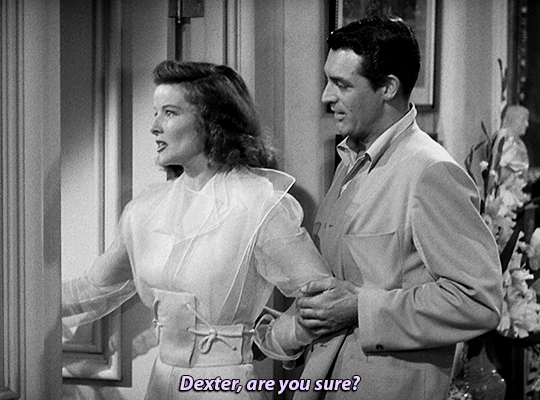


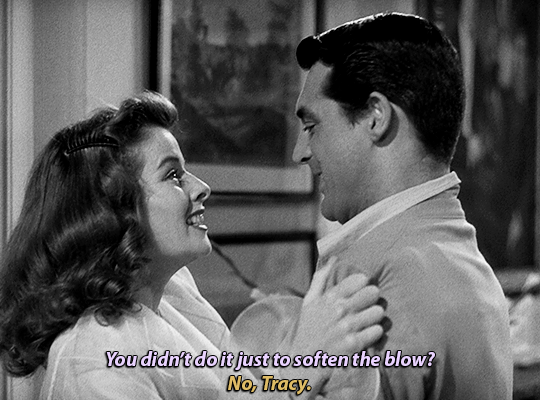


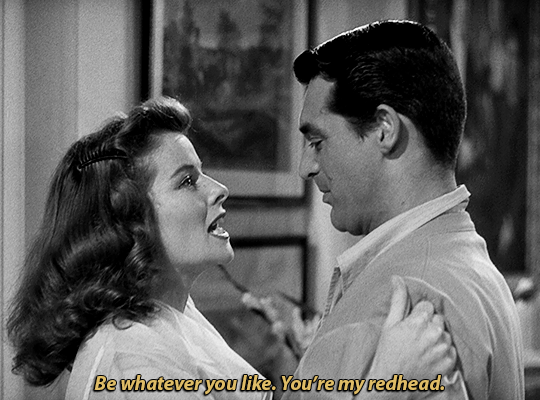
Katharine Hepburn + Cary Grant in THE PHILADELPHIA STORY (1940), dir. George Cukor
“Be whatever you like. You’re my redhead.”
#katharine hepburn#cary grant#the philadelphia story#george cukor#cinema#cinemapix#dailyflicks#film#movies#filmedit#filmgifs#moviegifs#romance gifs#my gifs#*hollygl125#i wish to make more pretty things#hepburn and grant#katharine hepburn and cary grant#classic movies#classicfilmsource#classicfilmcentral#classicfilmedit#classicfilmgifs#classicfilmblr#filmblr#old hollywood#oldhollywoodedit#movieedit#fyeahmovies#cinematicsource
1K notes
·
View notes
Text
Íme, a Hegylakó kristálycukor:

Csak egy maradhat!
9 notes
·
View notes
Text
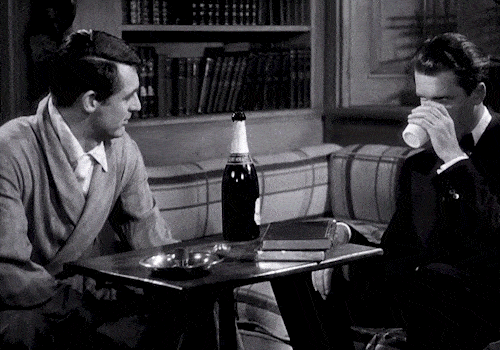
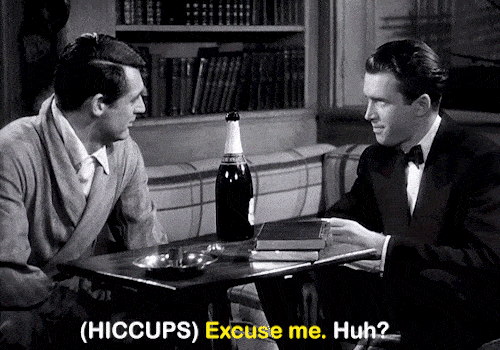
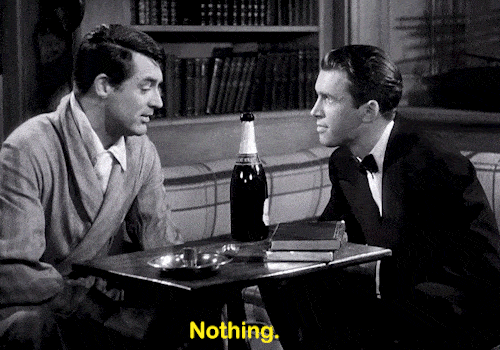
During the scene where James Stewart hiccups when drunk, you can see Cary Grant looking down and grinning. Since the hiccup wasn't scripted, Grant was on the verge of breaking out laughing and had to compose himself quickly. Stewart (apparently spontaneously) thought of hiccuping in the drunk scene, without telling Grant. When he began hiccuping, Grant turned to Stewart, saying, "Excuse me." Grant turned his head to stifle his laughter and said, "Nothing". The scene required only one take.
CARY GRANT and JAMES STEWART in THE PHILADELPHIA STORY (1940) | dir. George Cukor
#1940's cinema#1940's#1940#the philadelphia story#behind the scenes#cary grant#jimmy stewart#james stewart#classicfilmsource#old hollywood#filmedit#filmblr#classicfilmgifs#oldhollywoodedit#george cukor#filmgifs
2K notes
·
View notes
Text


GRETA GARBO in
CAMILLE — 1936, dir. George Cukor
#filmedit#film#classicfilmedit#oldhollywoodedit#classicfilmsource#filmgifs#greta garbo#camille#1930s#george cukor#mygifs*#camille*
469 notes
·
View notes
Text

"Bungalow 21" pièce écrite par Eric-Emmanuel Schmitt et mise en scène par Jérémie Lippmann - sur une idée originale de Benjamin Castaldi autour de la rencontre des deux couples Signoret-Montand et Monroe-Miller au Beverly Hills Hotel à Los Angeles pendant le tournage du "Milliardaire" de George Cukor (1960) - avec Emmanuelle et Mathilde Seigner, Michaël Cohen, Vincent Winterhalter, Clément Moreau et Benjamin Jaouen au Théâtre de la Madeleine, novembre 2023.
#spectacles#TheatreMadeleine#hommage#films#Schmitt#Lippmann#Castaldi#Signoret#Montand#Monroe#Miller#Cukor#Seigner#Cohen#Winterhalter#Moreau#Jaouen
0 notes
Text
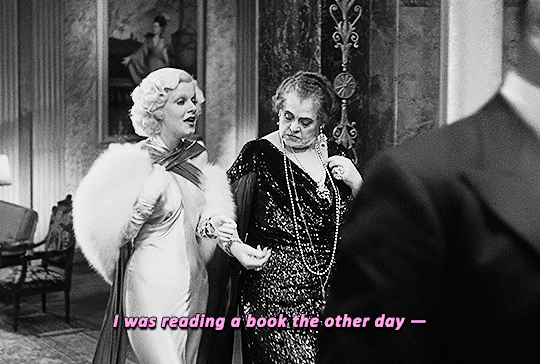
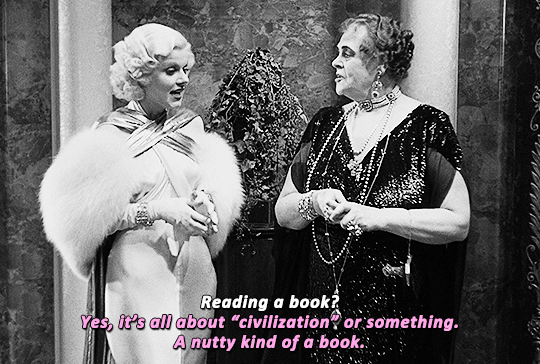
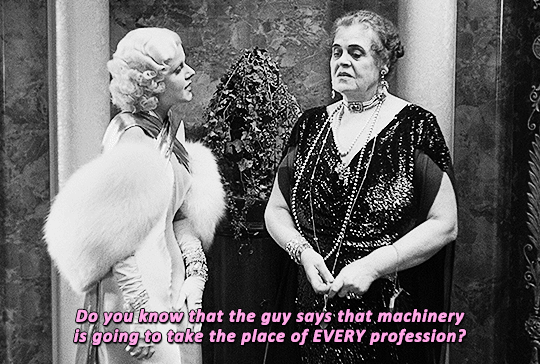
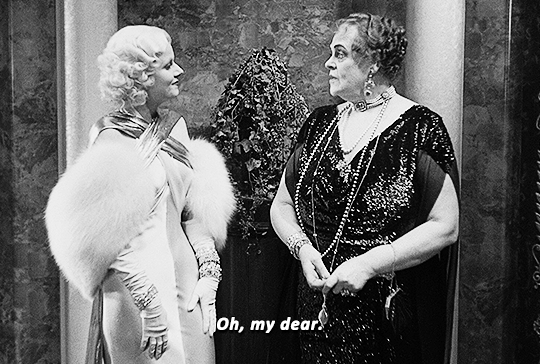
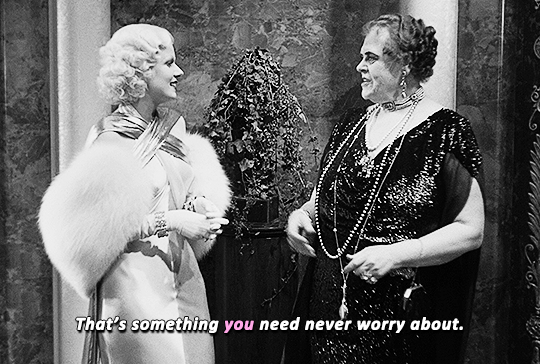
JEAN HARLOW & MARIE DRESSLER in
DINNER AT EIGHT — 1933, dir. George Cukor
#Dinner at Eight#1930s#George Cukor#film#ours#by jackie#filmedit#classicfilmedit#marciabrady#usermichi#userteri#usersugar
945 notes
·
View notes
Text
2022
Az év amikor úgy őrizgetjük a kilós kristálycukrot, mintha aranytömbök lennének.
0 notes
Text


Claudette Colbert (born Émilie Claudette Chauchoin; September 13, 1903 – July 30, 1996) was an American actress most known for It Happened One Night (1934). Despite both her marriages being seemingly legitimate and loving, rumors of Claudette’s affairs with other actresses such as Katharine Hepburn, Joan Crawford, and Marlene Dietrich followed her for her entire career. Most notably, Claudette had a very public intimate relationship with the "out" lesbian artist Verna Hull in the 1950s. Although Claudette denied the rumors that she was bisexual or a lesbian, she and Verna rented a home together in New York City and even had neighboring vacation homes in Barbados. The relationship ended abruptly and on bad terms in the early 1960s after the death of Claudette’s husband. When Claudette passed away on July 30, 1996, she left her entire estate to another woman named Helen O’Hagan, whom she instructed in her will to be treated “as her spouse.” "She certainly moved with great ease in gay circles," said a friend. "I used to see her at George Cukor's, and there would be quite the carrying-on. She was never shocked. It was a world she was comfortable in. It was taken for granted that she was gay, or at least not conventionally straight." "We used to call her "Uncle Claude"," said Don Bachardy, the lover of the writer Christopher Isherwood. "Actually, I think she's really a good example of a very closeted situation. Only well within her own circle did they know the truth."
-Source
#Claudette Colbert#Joan Crawford#Marlene Dietrich#George Cukor#Katharine Hepburn#lesbian#lgbt#lgbtq#lgbt+#sewing circle#lgbtq+#bisexual#old hollywood#classic hollywood#Verna Hull#Helen O'Hagan
463 notes
·
View notes

